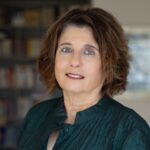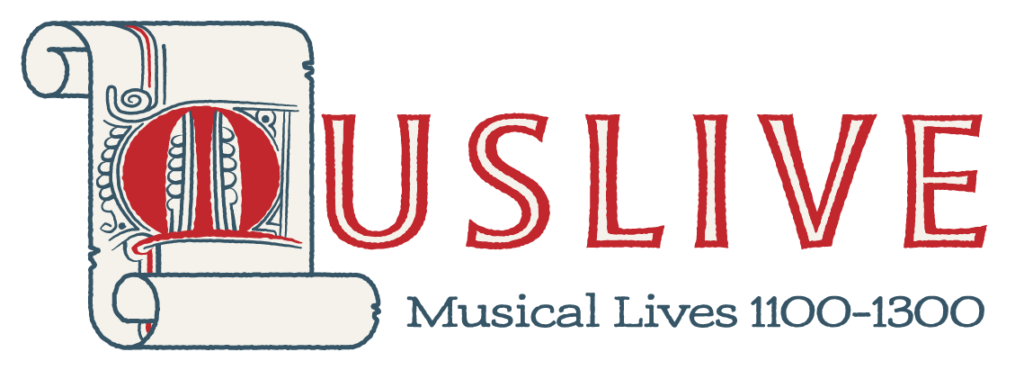DR SEAN CURRAN

Sean Curran specialises in music and literature, their histories, material supports, and social practices, from the eleventh to the fifteenth centuries. His research interests include songs, texts, books, and liturgies from Britain and France, which he approaches from a multidisciplinary perspective, with a particular emphasis on how styles exist in and are transmitted through time and how different artistic media draw on one another. Dr Curran has contributed chapters to edited volumes on the Montpellier Codex and medieval music manuscripts, and his 2017 article on hockets won both the Jerome Roche Award of the Royal Musical Association and the Alfred Einstein Award of the American Musicological Society, the highest prizes in the field of musicology for an article by a junior scholar.
DR JOsEph FORT
Joseph Fort is a conductor, choir director and musicologist based in London. His expansive discography with Delphian Records has received considerable critical acclaim, including Editor’s Choice and the ‘best new classical albums’ lists in Gramophone. Recent orchestral conducting includes Britten Sinfonia, the English Chamber Orchestra, the Hanover Band and the London Mozart Players. Dr Fort’s academic research focuses on eighteenth-century music and dance. He is currently completing a monograph on Haydn and minuets. He has published in the Eighteenth-Century Music journal, and has chapters in books with Cambridge University Press and Leipzig University Press. His chamber arrangement of The Cloud Messenger by Gustav Holst is published by Stainer & Bell.
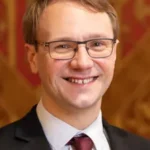
DR DONALD GREIG

Donald Greig is a professional singer with a specialisation in early music, as well as a scholar with research interests in film studies and semiology. He was co-founder of The Orlando Consort, with whom he sang for its thirty-five year existence, and was a member of The Tallis Scholars for over twenty-five years. Dr Greig received his doctorate in music from the University of Nottingham. His novel, Time Will Tell, was published in 2012, and his first academic book, Baroque Music and Cinema, was published by Cambridge University Press in 2021. Dr Greig has contributed chapters on film and music to various books, and several articles have been published in academic journals. He is currently writing a book for Oxford University Press on the production, reception, and musical remediations of La Passion de Jeanne d’Arc (Carl Theodor Dreyer, 1928).
Prof Christopher Hasty
Christopher Hasty’s work engages problems in the theory and analysis of music from the sixteenth to the twentieth centuries. He asks questions about time and rhythm, approaching ongoing human experience, and more specifically musical experience, from the perspectives of process philosophy, ecological and post–cognitivist psychology. Prof Hasty was editor-in-chief of the Journal of Music Theory (1987–90), a member of the editorial board of Music Theory Spectrum (1982–1987), and is currently a member of the Advisory Panel for Music Analysis (2001–present). He is also a composer, and his work has most recently been performed by the White Rabbit Ensemble in the Harvard Group for New Music Series, and by the Contemporary Music Ensemble at the Strasbourg National Conservatory.
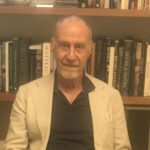
Dr NathaniEl Miller

Nathaniel Miller’s research focuses on Arabic poetry from the pre-Islamic through to the Ayyubid/Crusade period (up to about 1250 CE), with a particular focus on the geography of literary social networks. After obtaining his PhD from the University of Chicago (2016), he went on to a visiting assistant professorship and Leverhulme Early Career fellowship at the University of Cambridge (2016-20) and a Humanities Research Fellowship at New York University Abu Dhabi (2021-23). His research has appeared in BSOAS, Arabica, JRAS, Mediterranean Studies, and Al-ʿUṣūr al-wusṭā. His first book, The Emergence of Classical Arabic Poetry: From Regional Identities to Islamic Canonization, is due out with the University of Pennsylvania Press in August 2024.
Dr Tom Nickson
Tom Nickson’s research interests centre on Gothic art and architecture across Europe, as well as on encounters between Christian, Islamic and Jewish traditions, especially in medieval Iberia. He has published a study of Toledo Cathedral and is now working on a book titled Architecture in Medieval Spain & Portugal: Seven Moments, which will explore architecture across the Iberian Peninsula (including Spain, Portugal and al-Andalus) from the twelfth to the fifteenth centuries. Dr Nickson is also interested in questions of architecture and light, and in technologies of reproduction in the nineteenth century.
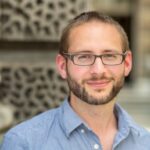
DR Katherine Schofield

Katherine Schofield is historian of music and listening in Mughal India and the paracolonial Indian Ocean. Working largely with Persian, Urdu, and visual sources for elite musical culture in North India and the Deccan c.1570–1860, her research interests lie in South Asian music, visual art, and cinema; the history of Mughal India (1526–1858); Islam and Sufism; empire and the paracolonial; and the intersecting histories of the emotions, the senses, aesthetics, ethics, and the supernatural. Dr Schofield has been Principal Investigator of a European Research Council Starting Grant (2011–16) and a British Academy Mid-Career Fellow (2018), and is a Fellow of the Royal Asiatic Society and the Royal Historical Society. She is the co-editor of Tellings and Texts: Music, Literature, and Performance in North India (Open Book, 2015, with Francesca Orsini), and Monsoon Feelings: a History of Emotions in the Rain (Niyogi, 2018, with Imke Rajamani and Margrit Pernau). Dr Schofield’s most recent book is Music and Musicians in Late Mughal India: Histories of the Ephemeral, 1748–1858 (CUP, 2023).
Prof Iris Shagrir
Iris Shagrir specialises in the social and cultural history of the Middle Ages, including Christian-Muslim relations, the crusades and the Latin Kingdom of Jerusalem, the history of Jerusalem, pilgrimage, and medieval naming patterns. Her key publications include Naming Patterns in the Latin Kingdom of Jerusalem (2003) and The Parable of the Three Rings and the Idea of Religious Toleration in European Culture (2019), as well as edited volumes Communicating the Middle Ages: Studies in Honour of Sophia Menache (2018, with B.Z. Kedar and Michel Balard) and Liturgy and Devotion in the Crusader States (2019, with Cecilia Gaposchkin). Professor Shagrir is co-editor of the journal Crusades, life member of Clare Hall College, University of Cambridge, and fellow of the Royal Historical Society.
